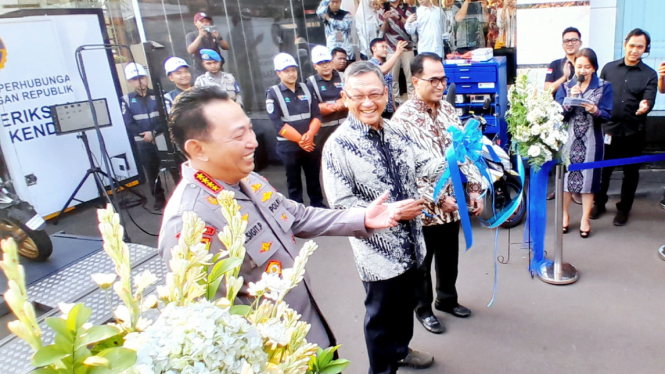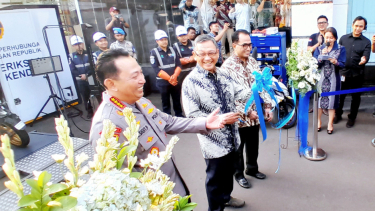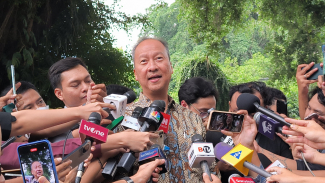Government Launched Robust Drive to Convert Motorcycles into EV
- VIVA/Mohammad Yudha Prasetya.
Jakarta – In a significant step towards a greener future, the Indonesian government has launched a robust drive to convert conventional motorcycles into electric vehicles (EVs).
With a bold target of achieving net-zero emissions by 2060, the Ministry of Energy and Mineral Resources (ESDM) is spearheading efforts to transition the nation's iconic two-wheelers to environmentally-friendly alternatives.
Under the leadership of Gigih Adi Atmo, Director of New and Renewable Energy, and Energy Conservation at the ESDM Ministry, the initiative aims to combine training programs and widespread information dissemination.
"According to the latest data, 26 machine shops have been registered as capable of conducting the conversion," he noted.
This endeavor is set to have a far-reaching impact as the ESDM Ministry, in collaboration with eight certified machine shops, seeks to convert around 34,979 electric motorbikes annually.
The aspiration extends further, with a goal to convert at least 50,000 motorcycles into EVs by 2023, a step closer to the overarching target of 150,000 EVs in the near future.
Konversi motor BBM menjadi motor listrik.
- VIVA/Maha Liarosh
The campaign's ripple effect is most pronounced in East Java, home to a staggering 20.7 million motorcycles, the highest concentration in the country. This region becomes a focal point for the dissemination of information and awareness about reducing carbon emissions through EV adoption.
The roadshow, spanning ten major cities including Denpasar, Surabaya, and Medan, underlines the government's commitment to a cleaner, sustainable transportation landscape.
Fossil fuel-based two-wheelers, numbering 120 million units and growing at an annual rate of five to six percent, stand to be replaced by their eco-friendly counterparts.
By encouraging electric motorcycle conversion, the government paves the way for a transformative shift towards a more environmentally-conscious society.
The campaign not only aims to expedite the energy transition process but also significantly contribute to reducing greenhouse gas emissions, fostering a cleaner and healthier future for all.




























